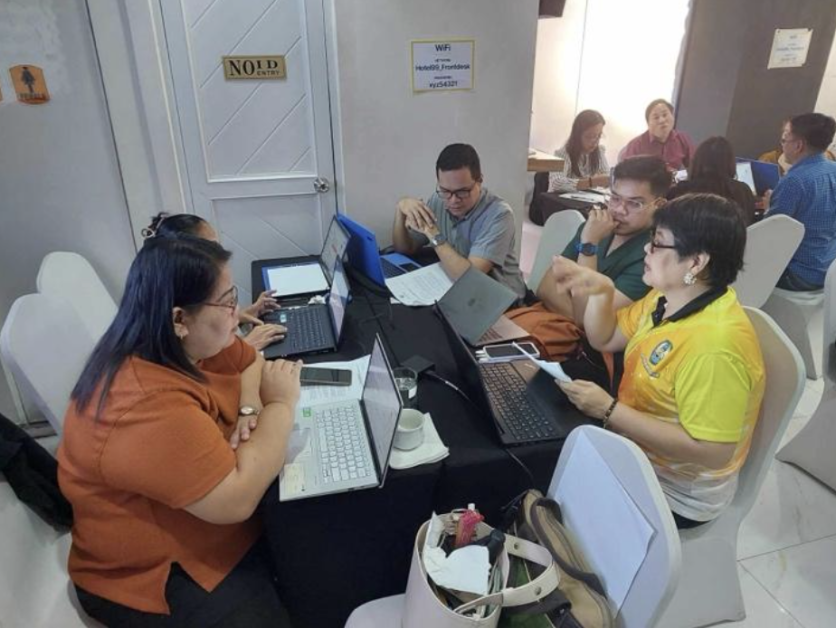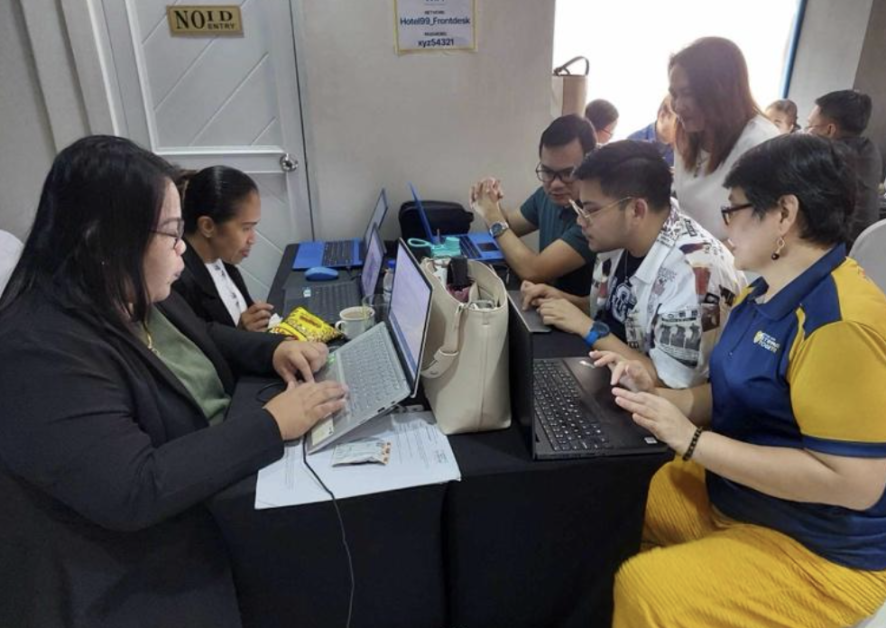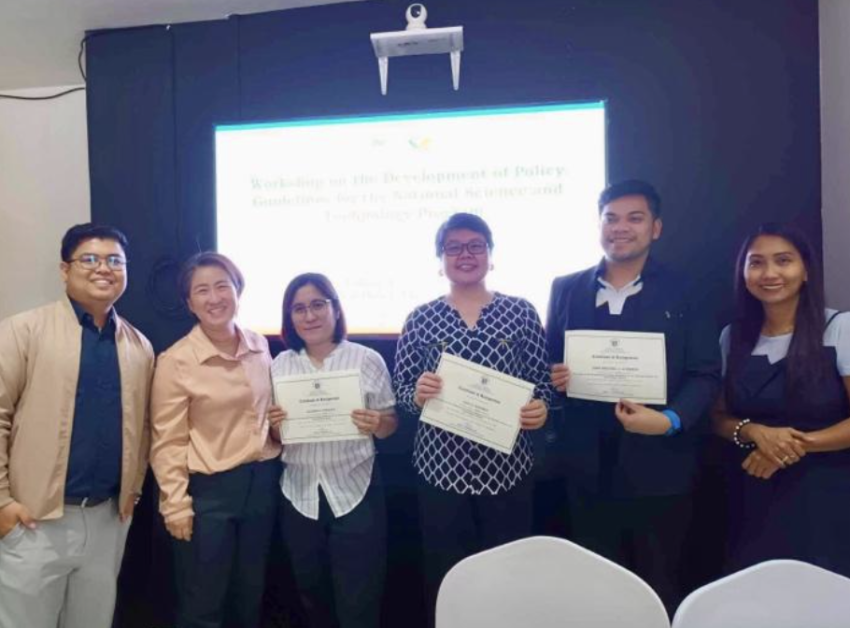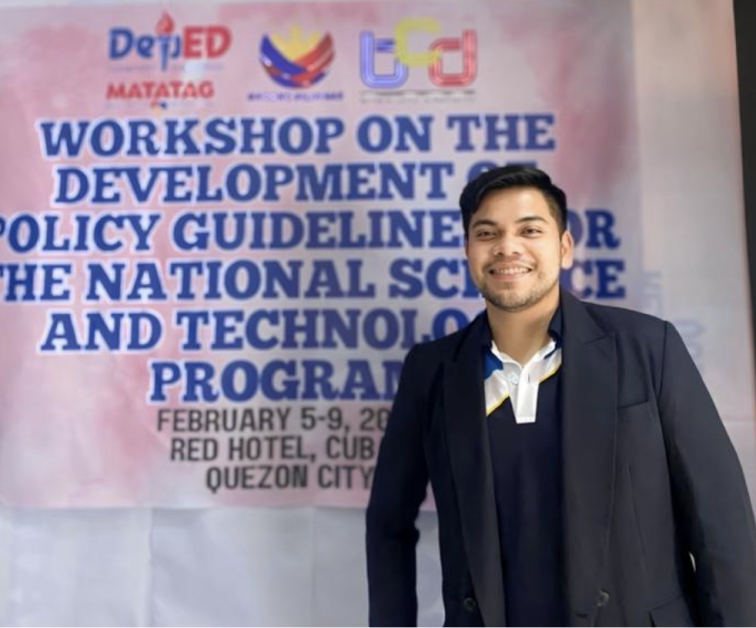Through the Coordinating Council of Private Educational Associations (COCOPEA) and Catholic Educational Association of the Philippines (CEAP), Mr. John Michael A. Guerzon of SLU Basic Education School was once again called by the Department of Education (DepEd) to participate in the Workshop on the Development of Policy Guidelines for the National Science and Technology Program (NSciTP).
The event took place at the Red Hotel, Cubao, Quezon City from 5 to 9 February 2024. The Bureau of Curriculum Development – Curriculum Standards Development Division (BCD-CSDD) gathered DepEd supervisors representing each region of the Philippines by the Department’s directives on the National Learning Recovery Program (NLRP).

From the developed draft of the NSciTP, the participants followed the policy development process of DepEd that was tailored to their needs at the beginning of the event. The draft policy was validated and discussed by the group with the help of other resource persons from the University of the Philippines and the Philippine Normal University.
Saint Louis University, through the missionary outlook of SLU President Rev. Fr. Gilbert B. Sales, CICM, shares the commitment of other universities and DepEd to advancing scientific, technological, engineering, and environmental literacy of Grade 4-10 learners in the Philippines—a shared vision towards the implementation of the MATATAG curriculum. The participation of private schools, as advocated by the CEAP and COCOPEA, underscores the key role of all stakeholders in the participatory process of DepEd policy development.
Missio et Excellentia: A Louisian Principle
Missio et Excellentia has always been the guiding principle of Saint Louis University in ensuring and promoting quality education. This emanates from the CICM’s commitment to the advocacy of justice. SLU’s engagement in such programs promotes social justice, preserves human rights, and addresses systematic inequities. It is rooted in the congregation’s goal to assist communities worldwide.
The activity exemplifies a comprehensive approach to community development by combining education with a strong pursuit of justice. This empowers individuals not only through information acquisition but also by cultivating an environment that upholds justice, equity, and human dignity.
Aligned with SDG 4, aiming for inclusive and equitable quality education alongside lifelong learning opportunities, this philosophy is evident in the university’s integration of Science and Technology into community problem-solving efforts, showcasing its commitment not only to educational excellence but also to broader global objectives such as innovation, infrastructure development, and fostering impactful partnerships. Directly applied in SDG 9’s focus on industry, innovation, and infrastructure, Science and Technology play a pivotal role, while SDG 17 underscores the importance of partnerships in achieving sustainable development goals. This underscores SLU’s dedication to the MATATAG Curriculum and its unwavering commitment to enhancing educational outcomes in science and technology, reflecting a continuous partnership between SLU and the Department of Education. (J.M.A.Guerzon)











